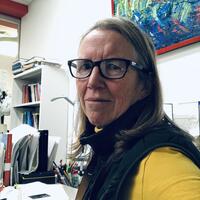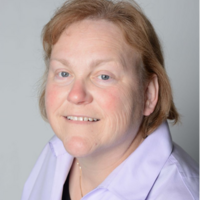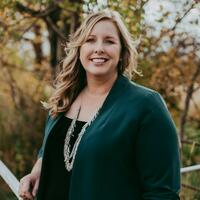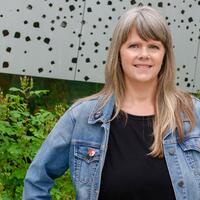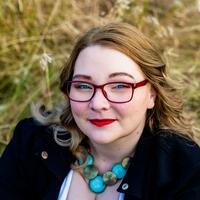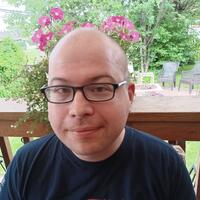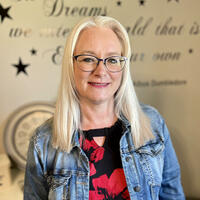About
Information about the project and the team
What are we aiming to discover?
Our research aims to explore employer perceptions of social workers professional practice. With this knowledge we hope to uncover any discrepancies between what employers expect and what social work delivers in the workplace, to improve the retention of social workers in the workplace, and support the utilization of the breadth of the social work skill set. This research may also be used to inform regulatory or curriculum changes.
The key questions we are trying to answer are:
The key questions we are trying to answer are:
- What core functions, skills, and knowledge are required for translation of social work values including social justice into practice?
- What expectations do Alberta employers have of Registered Social Workers (RSW) that may be unique to the social work profession?
- What are the perceived benefits/drawbacks of hiring registered social workers, if any?
- What is the relationship between professional social work practice and the code of ethics, from the employers’ perspective?
- How do those who employ Registered Social Work (RSW) practitioners perceive social justice?
- What are the contextual/organizational issues that facilitate or impede the pursuit of social justice from an employer’s perspective?
This study draws on research supported by the Social Sciences and Humanities Research Council.

